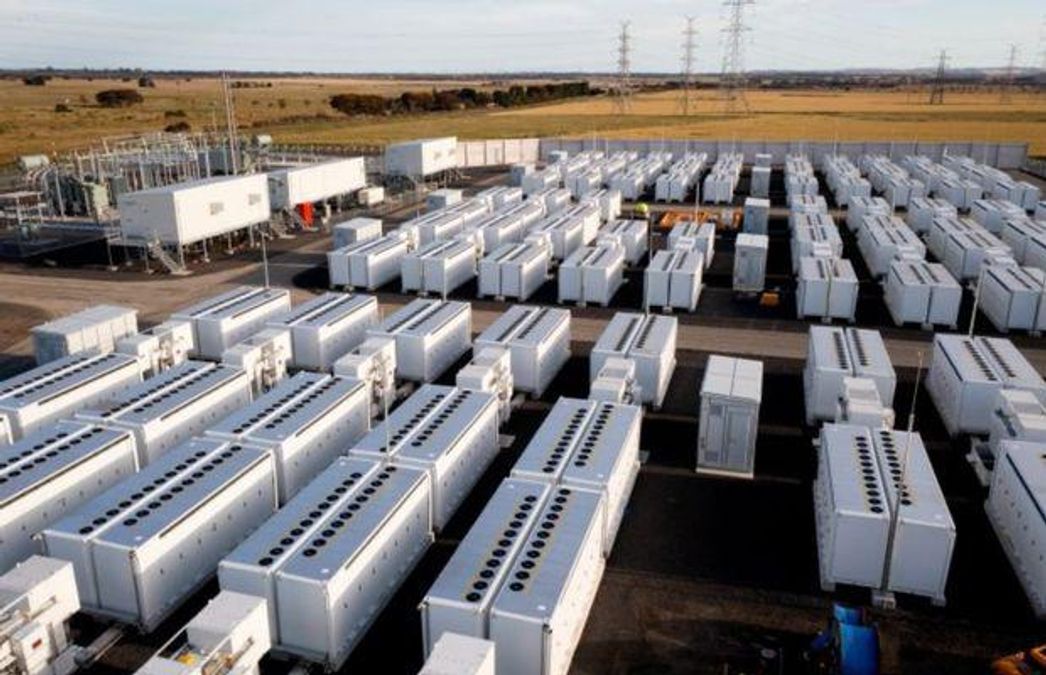Vietnam has just announced 15 national standards (TCVN) for Battery Energy Storage Systems (BESS), marking an important step forward in standardizing the emerging energy sector and supporting the country’s commitment to achieving net-zero emissions by 2050.
These 15 TCVN were developed based on international standards, with public consultation, appraisal, and approval in accordance with the Law on Standards and Technical Regulations and Circular No. 11/2021/TT-BKHCN issued by the Ministry of Science and Technology.
The development of this technical standards framework required close collaboration among multiple stakeholders—from policymakers to businesses and technical experts. The publication of these standards reflects the deep, sustainable, and effective cooperation between all parties involved.
Structure of the Standards: 4 Key Groups
The 15 national standards are divided into four main groups:
-
Terminology – Technical Specifications and Test Methods: Standardizing terminology and testing procedures for various types of energy storage systems such as mechanical, electrochemical, electrical, chemical, and thermal.
-
System Planning and Performance Evaluation: Providing detailed guidance for designing, testing, and operating systems to ensure performance and safety throughout the product lifecycle.
-
Environmental Issues: Addressing the environmental impact, safety in recycling, and health concerns related to damaged or end-of-life batteries and materials.
-
Safety for Grid-Integrated Storage Systems: Outlining risk assessment procedures, preventive measures, and safety tests, especially for lithium-ion batteries.
Vietnam has committed to achieving net-zero emissions by 2050.
Notably, on August 20, General Secretary To Lam, on behalf of the Politburo, signed Resolution No. 70-NQ/TW (Resolution 70) on national energy security through 2030, with a vision toward 2045.
“Vietnam has just announced 15 national standards (TCVN) for battery energy storage systems.” (Image: Getty)

BESS – A Strategic Link in Vietnam’s Net Zero Vision
As Vietnam pledges to achieve net-zero emissions by 2050, with a target of renewable energy accounting for 25–30% of total primary energy supply by 2030, the demand for energy storage systems is becoming increasingly urgent.
Experts note that when the share of renewable energy exceeds 15%, energy storage systems become critical for:
-
Managing the intermittency of renewable energy sources,
-
Enhancing grid flexibility and resilience,
-
Supporting the development of smart transmission infrastructure,
-
Ensuring national energy security.
Therefore, the adoption of these standards not only minimizes technical and financial risks in BESS deployment but also lays the foundation for attracting domestic and international investment in Vietnam’s energy transition projects.
GG Industries Ready to Lead in the Era of BESS Standardization
As one of the pioneers in the energy storage sector in Vietnam, GG Industries (GGI) is committed to ensuring that all products and solutions supplied to the market fully comply with national standards and regulations, including the newly issued 15 TCVN for BESS.
This is a positive signal for the entire industry, as a unified and transparent legal framework will foster market development and help shape a new playing field—one where serious businesses with strong R&D and production capabilities, like GGI, can establish their position.
GGI believes that standardization is not just a measure of quality, but the foundation for long-term sustainability in Vietnam’s energy ecosystem.




